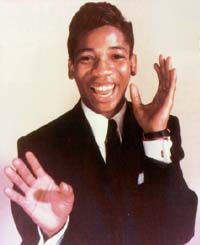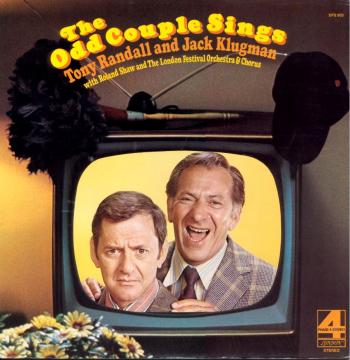
One thing I have never really understood is the two-part single, which had the first half of a song on side A of a 45 and the second half of the song on side B. Was anybody really expected to play both sides consecutively? If you've ever worked with a 45 turntable, you know there's at least a ten-second delay or so between when the part one of the Isley Brothers' "Shout" ends and when you can get the second half playing.
As you can probably tell, I'm fascinated by genres of pop music that have fallen by the wayside, and these two-part singles are one of them. You have to explain to the kids these days what a vinyl record is, much less a 45, which must seem like one of Edison's wax cylinders to the Plain White T's generation.
At any rate, the decision to split a song into two sides of a 45 seems to be more esthetic than practical; all six minutes and nine seconds of "Like a Rolling Stone" fit on one side of a 45 ("Gates of Eden" was on the flip), at least after Dylan demanded that it be put on one side of a 45. "Hey Jude" topped seven minutes and still went to Number One.
So apparently, if a song sounded better at 3:20 than the full seven-minute version the producer lay down for the album, they'd divide the thing into two parts for the single. The full version of "Papa Was a Rollin' Stone," for example, rambled on for 12 minutes, which is probably more than even Berry Gordy needed to hear more than once or twice. The single version, then, was "Papa Was a Rollin' Stone (pt. 1)."
Those kinds of singles were, at one time, not uncommon. The following divided singles went all the way to Number One:
"Peppermint Twist (part 1)" by Joey Dee and the Starliters, January 1962
"Fingertips (part 2)" by Stevie Wonder, August 1963
"Keep On Truckin' (part 1)" by Eddie Kendricks, November 1973
"Love Machine (part 1)" by the Miracles, March 1976
"Disco Duck (part 1)" by Rick Dees and His Cast of Idiots, October 1976
"Got to Give It Up (part 1)" by Marvin Gaye, July 1977
And that's it. I'm sure there will never be another one of these types of Number One singles again. There was "Another Brick in the Wall (part II)," but that's another category altogether.
I also see here that parts I and II of "American Pie" went to Number One. Did DJs play the album version? Flip over the single really fast? Have two copies of the single cued up? "American Pie" is literally the first pop song I remember hearing on the radio, but I am ashamed to admit I have no knowledge of its logistics.















